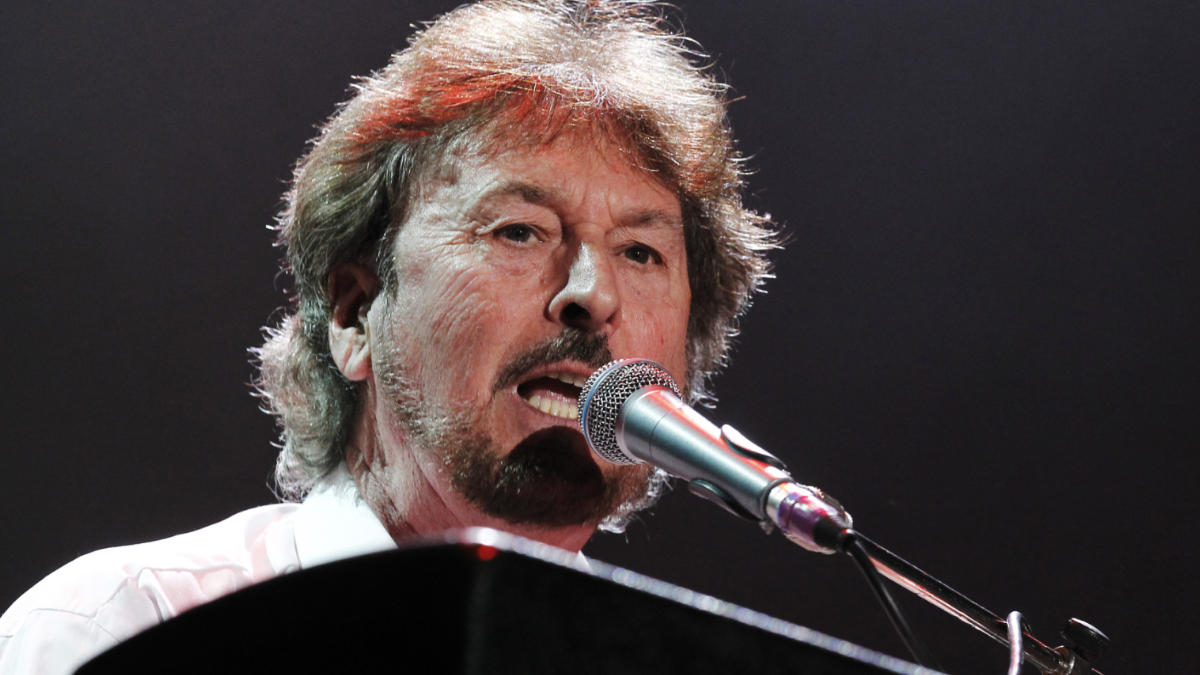The music community is in shock over the death of Rick Davies, the iconic keyboardist, singer, and co-founder of the legendary British progressive rock band Supertramp. Davies died on Saturday, September 6, aged 81 after a long fight with multiple myeloma, a type of blood cancer.
A Voice and Sound That Defined an Era
In a heartfelt tribute posted on Sunday through Supertramp’s social media, the band honored Davies’ massive contributions. “His soulful voice and distinctive touch on the Wurlitzer became the heartbeat of the band’s sound,” the tribute stated. With his gritty vocals and blues-infused keyboard playing, Davies co-wrote some of Supertramp’s most iconic songs with Roger Hodgson, leaving a lasting impact on 1970s rock music.
From Swindon to Global Stardom
He was born in Swindon, England. Davies started his music career late in the 1960s. Davies put an ad in Melody Maker seeking musicians after his previous band The Joint folded — a publicity move that brought him Roger Hodgson and Supertramp with Dutch millionaire Stanley “Sam” Miesegaes as their financial sponsor.
Although their initial two albums were reasonably successful, it was with their third album, Crime of the Century (1974), that they were catapulted into the limelight. Singles such as Dreamer, Rudy, and Bloody Well Right brought Davies’ unique musical voice into the limelight.
Farewell Rick Davies, founding member of Supertramp.
— Sue Charles (@Sue_Charles) September 8, 2025
The singer, keyboardist and co-writer behind so many classics, including Breakfast in America, Dreamer and Bloody Well Right.
Remembering Rick here in his prime, singing Goodbye Stranger.#RickDaviespic.twitter.com/pSJtlbCvwv
A Timeless Musical Legacy
Supertramp reached their peak with 1979’s Breakfast in America, which included such classics as The Logical Song, Goodbye Stranger, and Take the Long Way Home. Off the stage, Davies was warm, witty, and committed to his wife Sue, whom he loved for more than 50 years.
Later in his life, he played locally for Ricky and the Rockets, remaining close to his passion for music. “Great songs never die—they live on,” the band’s tribute finished.

